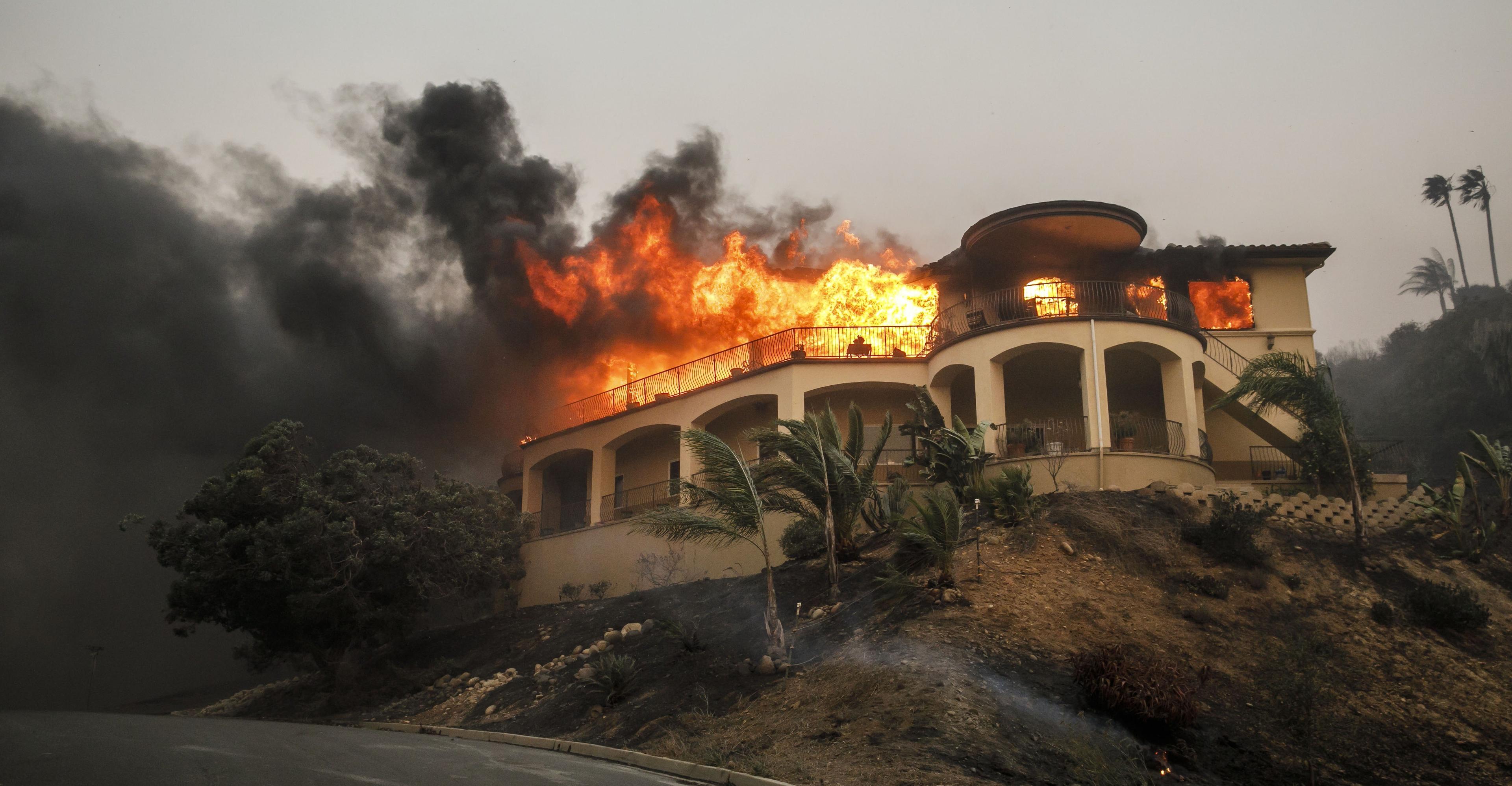The federal minister says that the PML-N supremo did not break the jail to go abroad, making it clear that he will be treated in accordance with the law and Constitution.


Karachi: Former Prime Minister Nawaz Sharif left for the United Kingdom after proper court and government permission, not as a result of a jailbreak, Caretaker Federal Information and Broadcasting Murtaza Solangi said on Saturday.
Murtaza Solangi emphasized that upon his return to Pakistan, Nawaz Sharif would be treated in accordance with the law and constitution.
The minister remarked that some individuals appeared to be intentionally creating uncertainty, but the caretaker government had a clear stance on the matter.
He made these remarks while talking to the media at Karachi Press Club on Saturday.
Solangi stated that Nawaz Sharif, a three-time former prime minister, had not disclosed which court he would approach upon his return. When questioned about the specifics of Nawaz Sharif's legal actions upon return, Solangi declined to speculate, emphasizing that it was Nawaz Sharif himself who would address such inquiries.
Regarding election-related questions, Solangi reiterated that the caretaker administration would ensure equal opportunities for all registered political parties to participate in the electoral process.
Solangi reaffirmed the caretaker government's commitment to fulfilling its constitutional obligations and providing all necessary resources to the Election Commission to conduct the elections.
On the topics of rupee appreciation and fuel prices, Minister Solangi clarified that the current administration did not influence pricing mechanisms, which were linked to global market rates. He suggested that there was a possibility of reduced petroleum product prices due to the strengthening local currency, which would benefit the public in terms of lower prices. Solangi also highlighted concerns about power theft and the burden it placed on other consumers, advocating for a change in the current recovery mechanism.
Solangi emphasized that the interim government's primary goals were to stabilize the national economy, prevent a default situation, and reduce political tensions. While legislation was not within their purview, they were committed to addressing current issues to the best of their abilities.
Sources: Soderstrom, A's agree to $86M deal
- 40 minutes ago

This smart garden turned my black thumb green
- 2 hours ago
Guard Lowery no longer at Marquette, Smart says
- 39 minutes ago
Bears defense 'let the offense down' in SNF thriller
- 40 minutes ago

Net neutrality was back, until it wasn’t
- 2 hours ago
World begins to bid goodbye to 2025 with fireworks and icy plunges
- 9 hours ago
Have the Patriots somehow rebooted a dynasty -- and become likable?
- 40 minutes ago
Riley won't return as Clemson OC after 7-6 season
- 39 minutes ago
Spinner Rashid Khan to lead Afghanistan in Twenty20 World Cup
- 12 hours ago
14 killed, 20 wounded in bus-van collision in Jhang
- 9 hours ago
'A little side gig': Simone Biles snaps photos during Bears-49ers
- 40 minutes ago
Spurs lose in Wemby's return to starting lineup
- 40 minutes ago

.webp&w=3840&q=75)








